Authorities are monitoring environmental protection practices at a business.
Rethink, act proactively.
Immediately after the Law on Environmental Protection 2020 came into effect (January 1, 2022), Tay Ninh province (formerly Long An and Tay Ninh provinces before the merger) issued numerous legal documents and implemented comprehensive directives to institutionalize the new provisions of the law. Step by step, these legal regulations have been concretized into practical actions, yielding positive results in many areas.
According to Mr. Nguyen Minh Lam, Vice Chairman of the Provincial People's Committee, air quality in the province continues to be maintained at a good level, and the water quality of the Vam Co Dong River is gradually improving. The 100% rate of people using clean and hygienic water reflects the effective investment in water supply infrastructure as well as management and supervision.
100% of industrial parks have centralized wastewater treatment systems that meet environmental standards. For example, a recent inspection revealed that the Xuyen A Industrial Park has been invested in and developed with a comprehensive technical infrastructure system, including separate rainwater and wastewater collection systems, in accordance with the approved plan. The investor has put into operation the centralized wastewater treatment plant (phases 1 and 2), consisting of 3 modules with a total capacity of 15,600 m³/day.
Meanwhile, at Tan Do Industrial Park, the investor stated that they have invested in an automated wastewater monitoring system, directly connecting data to the Department of Agriculture and Environment. The production process ensures air quality in the area.
Industrial clusters (ICs) have a centralized wastewater treatment system that meets environmental standards, reaching a rate of 73.9%. The province also recorded a forest cover rate of 9.8%, a positive indicator of ecosystem protection.
Notably, no new serious polluting facilities emerged during the 2022–2024 period. This demonstrates a significant shift in awareness and actions among the government, businesses, and the public.
Furthermore, indicators assessing environmental protection efforts continue to improve. In 2023, the Provincial Environmental Performance Index (PEPI) of the former Tay Ninh province reached 57.48 points (ranked 26th nationwide), while the former Long An province reached 64.61 points (ranked 8th). These rankings reflect the positive steps taken in state management of the environment.
In addition, Mr. Nguyen Minh Lam also informed that one of the notable highlights is the shift in development thinking, no longer pursuing growth at all costs. The province has moved from passively dealing with pollution to proactively preventing it. Inspection and monitoring of environmental protection in production and business activities are carried out regularly, limiting the risk of pollution from the outset.
Waste and scrap management is being implemented with a focus on reducing generation, promoting recycling, and building a circular economy model. Simultaneously, the system of state management agencies for environmental protection has been strengthened from the provincial to the commune level. Environmental officials have received systematic training, improving their professional capacity and law enforcement skills.
Issues that need to be addressed
A centralized wastewater treatment system for an industrial park in Tay Ninh province.
Despite many positive results, the implementation of the 2020 Environmental Protection Law in the province still faces numerous difficulties. Firstly, the system of guiding documents from the central government is not yet synchronized, causing obstacles in implementation at the grassroots level. Urban wastewater treatment infrastructure remains limited, and the percentage of domestic wastewater treated is still low.
Next, the issue of transboundary water pollution remains unresolved. A segment of the population and businesses still lack a high level of environmental awareness. This is evidenced by the failure to properly sort waste at source and the improper disposal of waste.
Furthermore, the implementation of manufacturers' extended responsibilities in the recovery and recycling of used products faces many obstacles. The collection and recycling system is not synchronized, and there is a lack of incentive mechanisms, making implementation difficult.
Control of emissions from vehicles and production facilities remains limited. While penalties exist, they are not sufficiently deterrent. Circular economy and renewable energy models have not yet been widely adopted due to a lack of financial incentives and specific support policies.
Another issue is the development of environmental databases. The lack of historical information, unified standards, and data integration mechanisms is hindering comprehensive monitoring and assessment of environmental quality.
Despite its many advantages and limitations, the initial results after more than three years of implementing the 2020 Environmental Protection Law are positive signs showing a shift in awareness and action in environmental protection. However, to ensure long-term effectiveness, the province needs to continue reviewing and addressing bottlenecks, improving mechanisms and policies, strengthening inter-sectoral coordination, and promoting the supervisory role of the people.
A green, clean, and sustainably developed Tay Ninh is not just a short-term goal, but a long-term journey requiring the synchronized involvement of the entire political system, business community, and people. Initial success in implementing the Environmental Protection Law will be a solid foundation for the province to continue developing its economy while improving the quality of life and protecting resources for future generations.
Le Duc
Source: https://baolongan.vn/chuyen-bien-sau-thoi-gian-thuc-hien-luat-bao-ve-moi-truong-nam-2020-a200221.html


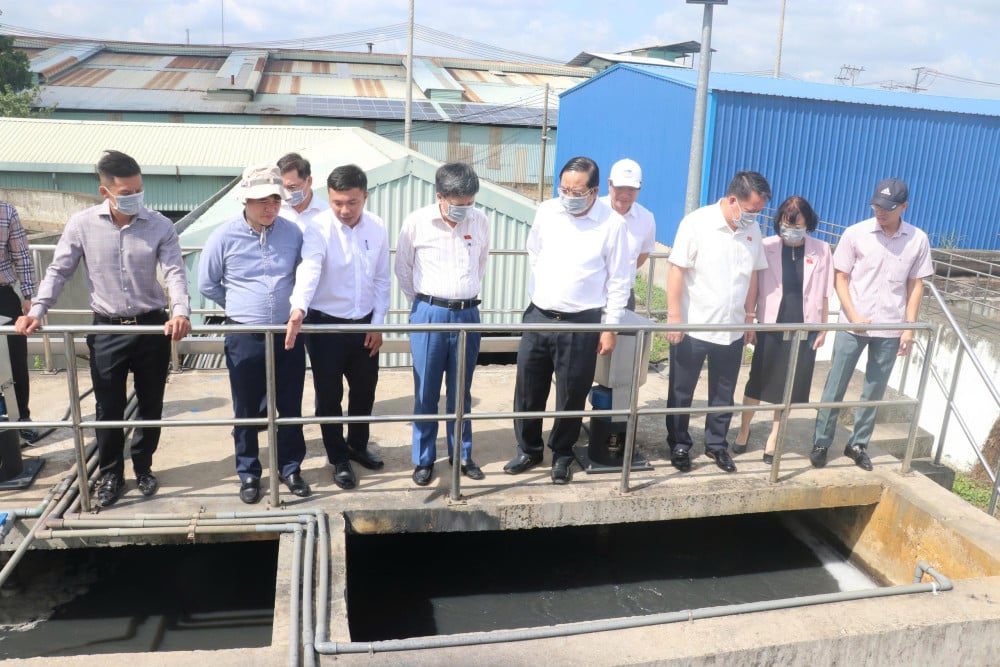
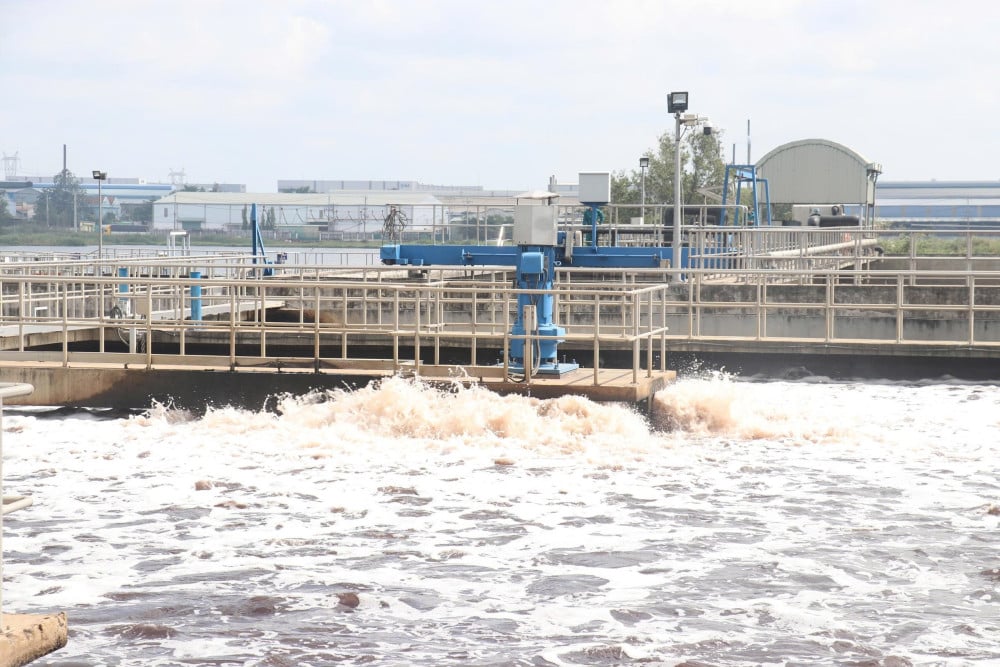














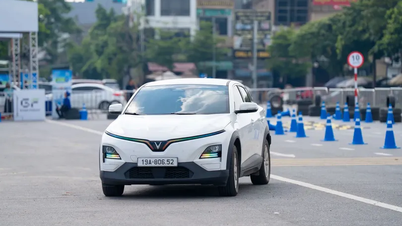

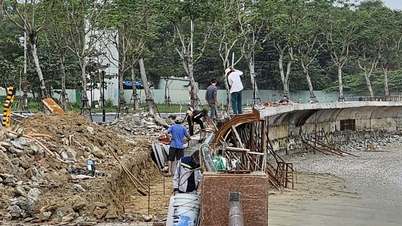





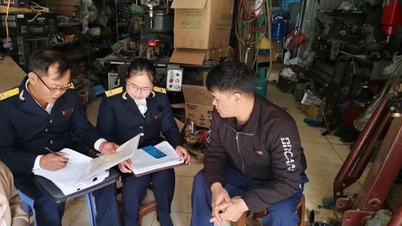

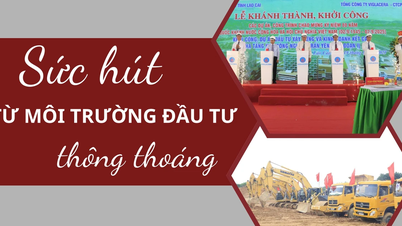






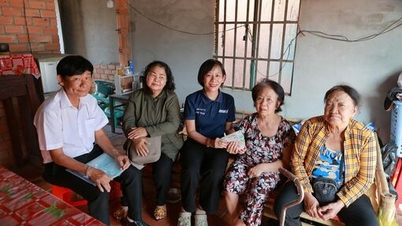




























































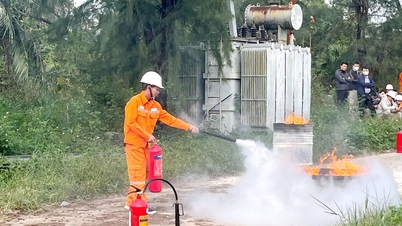
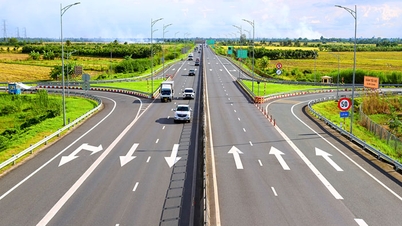

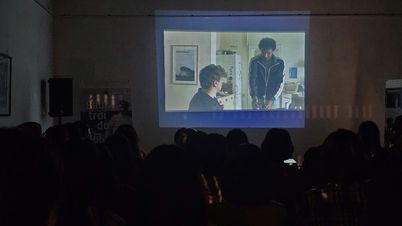














Comment (0)